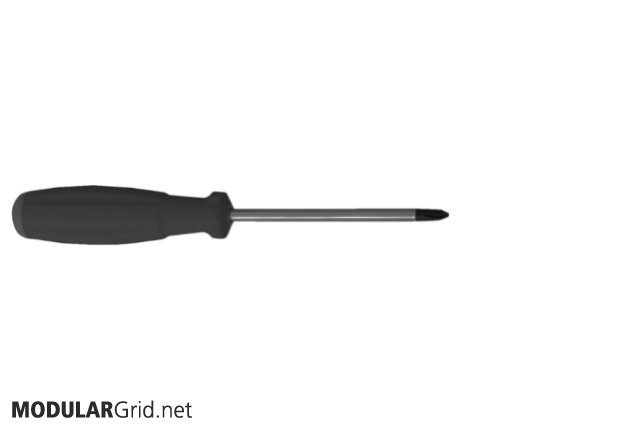First up, if this is intended to replicate Block 1, I wouldn't have put it in this case. Erica's Monster Case (2x 126hp) is a much better fit here, with the same space, internal power, and the two-row form factor (or something better approximating it) of the original. The 84hp width cabs are better suited here to stand in for the wing cabs, and since (I assume) you have three already, you have the basis for two of your wing cabinets.
Block 1's audio input is already there...it's the "amplifier", which you'll notice has a similar gain setup to the ARP 2600 input amplifier. That extra module can therefore be eliminated.
DSP effects...uhm, no. Part of the key to the System 700 sound (just like in the Buchla 100) is the spring reverb. The electromechanical design introduces a lot of odd behaviors, nonlinearities, etc that you just can't model well with a Spin FV-1 chip (the basis for the PICO DSP). You're also missing a panner here. And the output stage needs metering to match up with the original. For the reverb, I'd be inclined to go with G-Storm's Electro Spring Tank as the drive module, then select a long Accusonics tank (mounted internally) to get the right sort of sound there. The "panner" that Block A has, though, isn't a VCA-based autopanner but a three-channel stereo mixer, everything under manual control. So something simple but stereo like Doepfer's A-138s would be just fine. Then for your output, I'd go with something that has dual balanced 1/4" outs plus metering, like Olitronik's Pro OUT. Note that all of this is available in black as well, which fits the look.
Lastly, MIDI. Now, this is something the System 700 Block 1 didn't have. However, it DID have the keyboard interface which allowed multiple channels of control for CV/gate to Block 1 and other Blocks. My suggestion would be Befaco's MIDI Thing, which gives you four channels of CV/gate, plus clocking...which might be handy if you try and replicate the sequencer block later on. And the look fits, plus it's a rather simple MIDI to CV, which would fit with the simpler implementation found on Block 1's keyboard interface.
This isn't at all a bad idea, especially since Pharmasonic has replicated the primary modules for the most part. The only stumbling block might be the sequencer, if you opt to continue on and recreate the entire System 700, because that used a weird 12-stage x 3 setup, sort of like a mutated Moog 960 etc. But continuing on while using the Pharmasonics as the basis is also much cheaper than trying to source an original System 700; even with Eurorack being more spendy these days, the resulting build would still come in at a price far less than a used original System 700.



